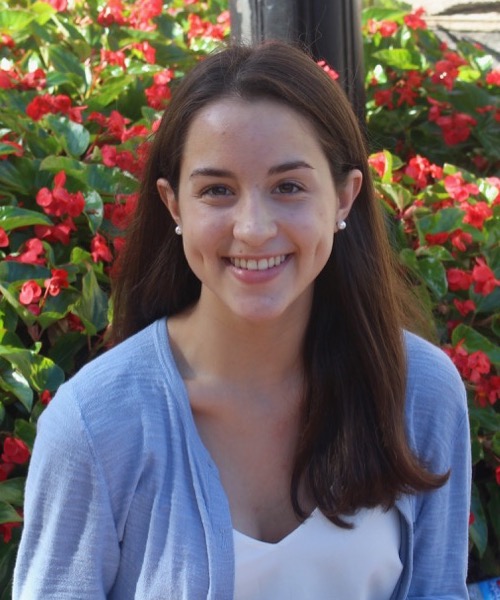The first reading I was assigned to kick off my semester in Rwanda was, somewhat unexpectedly, focused around American cultural values. The reading pointed out that Americans value not having a defined set of values, but rather cherish individuality, self-control, and choice over the values by which they do abide. Rwandan culture, on the other hand, follows a strong social code gravitating around community, obedience, and service. This got me thinking about how some societies, like the United States, prioritize the individual, whereas others, such as Rwanda, value the community more. What is most striking about Rwanda’s strong cultural values are the ways that they’ve positively shaped the country’s post-genocide reconstruction and reconciliation process.
In 1994, Rwanda witnessed a genocide against the Tutsis in which approximately one million lives were lost. Perpetrated by ordinary citizens, neighbors turned against neighbors as children and families were senselessly slaughtered. Anyone in Rwanda over the age of 25 lived through the genocide, while anyone younger was born to parents who survived, meaning that scars of genocide traumatize in some way the entire population. Since the genocide ended in mid-1994, Rwanda’s development has exploded both in terms of economic growth and reconstruction of a national identity. At an estimated 97% reconciliation rate, Rwandans have collectively resisted revenge and have instead turned towards forgiveness and healing, a tremendous feat that I think few societies could achieve so soon after a period of such violence.
After being in Rwanda for only a month, I have witnessed the tangible effects of community prioritization above the self. For example, on the last Saturday of every month, every single Rwandan drops what they’re doing and engages in community service—a custom called umuganda. Each neighborhood organizes this differently depending on what the community needs. When I participated in umuganda with my host family, we planted rows of trees along the roadside to mitigate erosion. Other communities worked on paving roads, building libraries, or cleaning garbage off the street. Infrastructurally, umuganda has been an important part of Rwanda’s physical post-genocide reconstruction. Socially, it has provided an avenue for Rwandans to work together to improve their communities as a means of reconciliation, contributing to the reformation of a common Rwandan national identity out of the ashes of the Hutu-Tutsi divide.
Rwanda’s emphasis on community action has also shone through the country’s process of transitional justice. After genocide, Rwanda introduced a system called the Gacaca (pronounced: Ga-cha-cha) courts. Local members of the community, including one of my current professors, were elected to serve on jury panels to try perpetrators of genocide. Those who confessed to their crimes and asked for forgiveness got their sentence cut in half and served the remainder completing community service. To me, this system represents giving agency to local people in the justice process, revealing the gravity that forgiveness carries in Rwandan society.
My perception of forgiveness altogether has been completely reoriented by my time in Rwanda. Even after losing family members and loved ones, Rwandans chose to value a united, peaceful future above all else, including revenge. This commitment to community and prioritization of collective over individual needs is a reflection of Rwanda’s strong social code and exhibits unique resilience.
Adopting to an environment with a different set of values has been a challenge, but has also positively influenced my own personal growth. As an introvert, the strong emphasis on community has made it hard to find quiet time for myself. I’ve had to schedule it into my weekends and evenings, even letting my host family know ahead of time when I’ll be doing my own thing for a couple hours. Shifting my mentality away from assuming full control over my daily schedule was difficult at first, but once I figured out how to be proactive, it just became another part of my routine here. Transitioning from American values to a community-oriented society has also challenged me to rethink my own values, particularly about individualism and self-help. It’s given me a new perspective and encouraged me to question the often-selfish ways I’ve been trained think and to approach interactions with more compassion. It has also made me think about how American self-pride cements the walls that divide us. It’s time for America to take a lesson out of Rwanda’s book, as even a few drops of Rwandan courage, resilience, and trust have the power to turn walls into bridges, and transform a society divided into a community.

